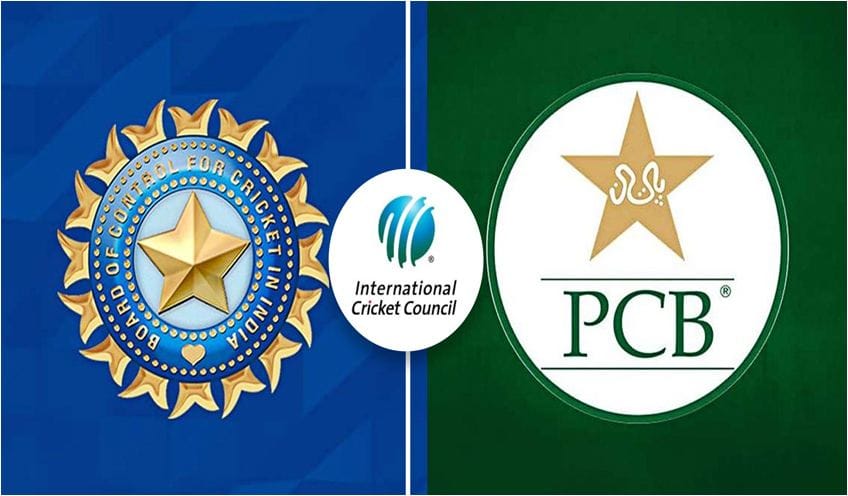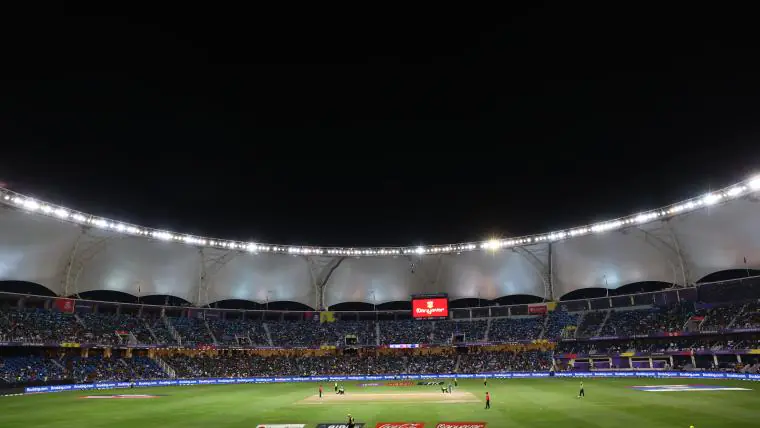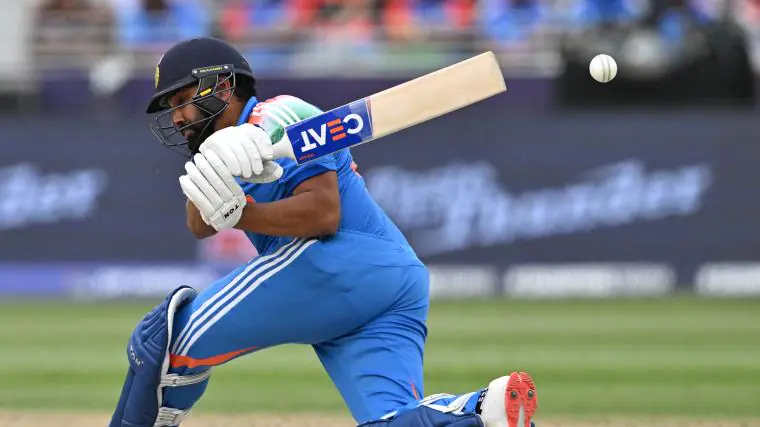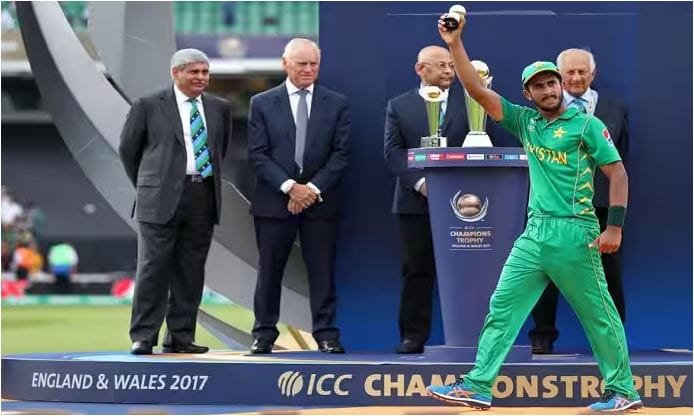
The Pakistan Cricket Board (PCB) has reached out to the International Cricket Council (ICC) seeking clarification regarding India’s decision to boycott the 2025 Champions Trophy in Pakistan. The PCB is questioning India’s reluctance to travel to Pakistan for the prestigious event.
The Champions Trophy, scheduled from February 19 to March 9, 2025, marks Pakistan’s return as a host for a major cricket tournament after nearly three decades. Pakistan’s cities of Lahore, Rawalpindi, and Karachi are preparing for the event, with high hopes of a successful hosting. Yet, political tensions between India and Pakistan have cast a shadow over the tournament’s future.
The PCB has dismissed the idea of neutral venues, instead emphasizing that India should play in Pakistan. PCB Director of Media, Sami-Ul-Hasan, confirmed that the board has sought advice from the Pakistani government on the matter. He stressed the importance of hosting the event as planned, without exceptions.
ICC Champions Trophy: India’s Boycott Delays Schedule
The standoff between Pakistan and India has caused delays in releasing the tournament’s final schedule. The announcement was originally expected this week but has now been postponed indefinitely. The uncertainty surrounding India’s participation has put the entire event on hold.
PCB Chairman Mohsin Naqvi remains optimistic about the tournament, insisting that preparations are going smoothly. Naqvi also voiced his disappointment, emphasizing that cricket should not be politicized. He added that Pakistan has historically shown goodwill toward India, but such gestures cannot be expected repeatedly without reciprocity.
Naqvi assured that Pakistan is ready to offer top-tier facilities to all participating teams. He called on the international community to support Pakistan in hosting the tournament, reinforcing the nation’s commitment to ensuring security and hospitality.
Historical Tensions Complicate Sporting Relations
The strained relationship between India and Pakistan has deep historical roots. The partition of British India in 1947 ignited longstanding conflicts between the two nations, leading to three major wars and continued border skirmishes. Despite a 2003 cease-fire agreement, hostilities remain frequent.
Cricket, often a symbol of diplomatic relations, has not escaped these tensions. India and Pakistan have only played each other in ICC events or on neutral grounds for many years. The last bilateral series between the two sides was over a decade ago, in 2013, and the Indian team has not visited Pakistan since 2008.
A previous attempt to host the Champions Trophy in Pakistan was derailed in 2008 due to security concerns. A terrorist attack on the Sri Lankan cricket team in Lahore led to the tournament being moved to South Africa. Security concerns also led to Pakistan being stripped of co-hosting the 2011 Cricket World Cup.
PCB Rejects Hybrid Model Amid India’s Reluctance
The PCB remains firm in its stance against a hybrid hosting model. India played their Asia Cup matches in Sri Lanka last year, but Pakistan has declined to adopt a similar arrangement for the Champions Trophy. This deadlock raises the possibility of relocating the tournament altogether.
Reports have emerged suggesting that South Africa could serve as an alternative host if the PCB does not agree to a hybrid model. The 2009 Champions Trophy, which was also moved to South Africa, serves as a precedent for such a scenario. Yet, the PCB insists that security concerns are unfounded and emphasizes the country’s readiness to host.
Despite the uncertainty, the ICC appears committed to keeping the tournament in Pakistan. The council recently unveiled a new visual identity for the 2025 Champions Trophy, signaling its intent to proceed as planned. The official release included promotional materials specifically highlighting Pakistan as the host nation.
Cricket Diplomacy Remains in Limbo
The broader implications of India’s stance go beyond cricket. Pakistani officials are frustrated by what they view as politically motivated decisions by the Indian cricket board. The PCB hopes the ICC will mediate effectively to resolve the standoff and ensure the tournament’s success.
Former Pakistani cricketer Danish Kaneria weighed in on the situation, highlighting the enduring political complications. He urged the PCB to take a bold stance but acknowledged that cricket diplomacy has always been subject to external factors. The cricketing world watches as the two rivals remain at an impasse.
While India’s cricket authorities have yet to publicly respond, the stakes are high for both nations. The Champions Trophy is the second-most important one-day international tournament after the World Cup, making this a pivotal moment for international cricket. As the saga unfolds, the ICC and PCB remain hopeful for a resolution.
Check out the Champions Trophy Stats


